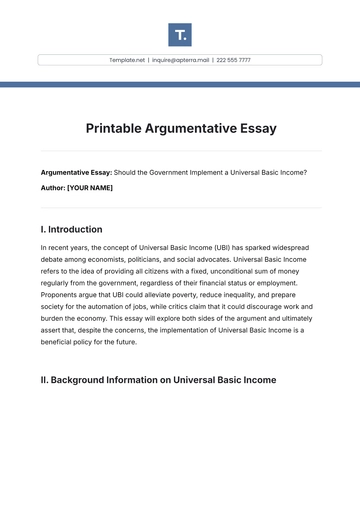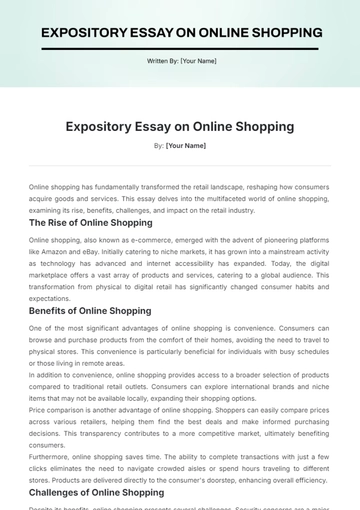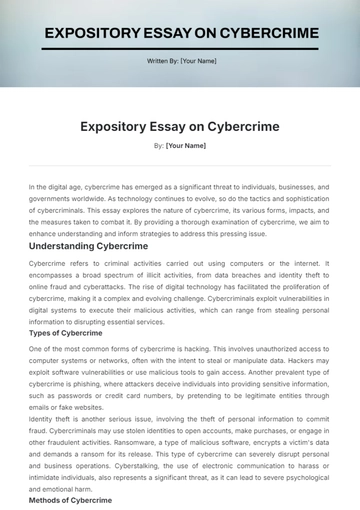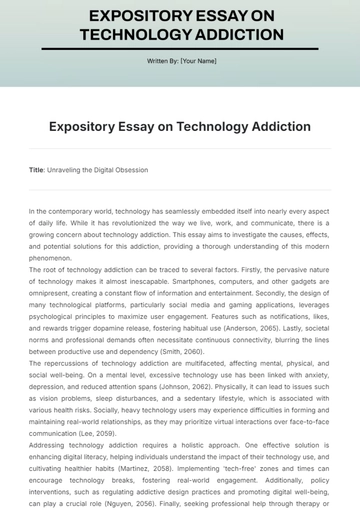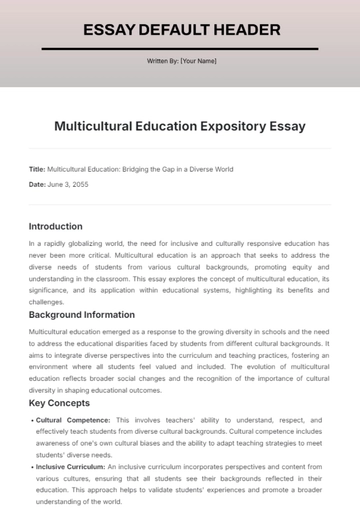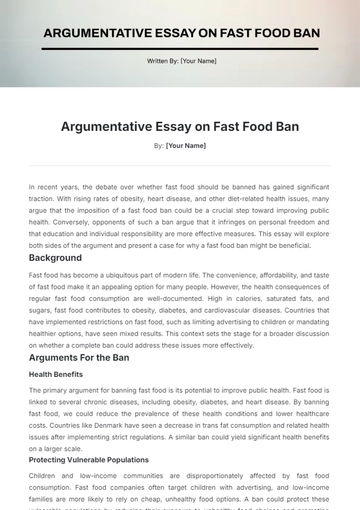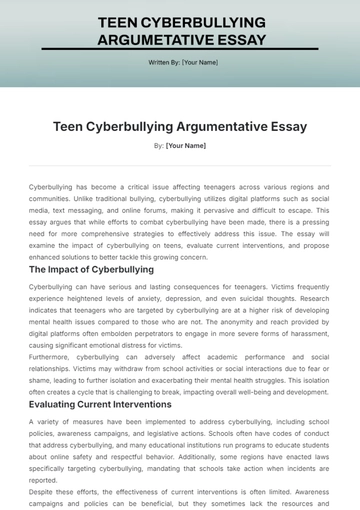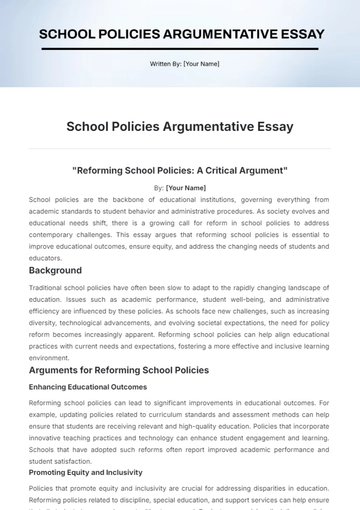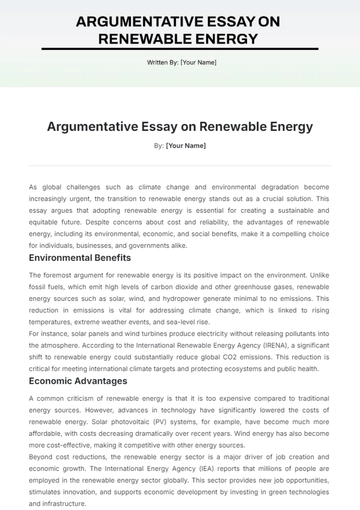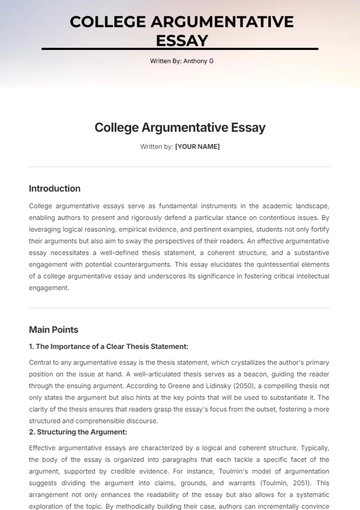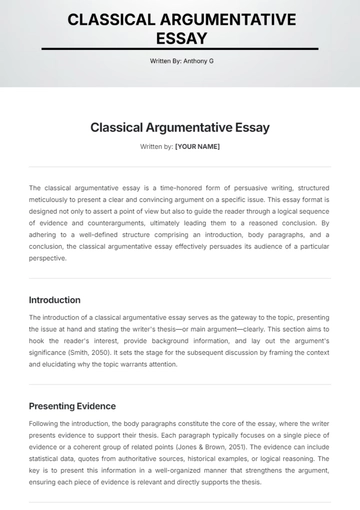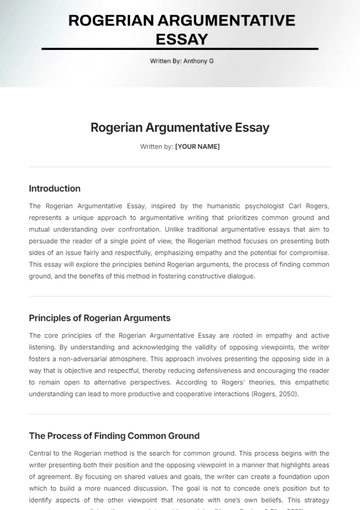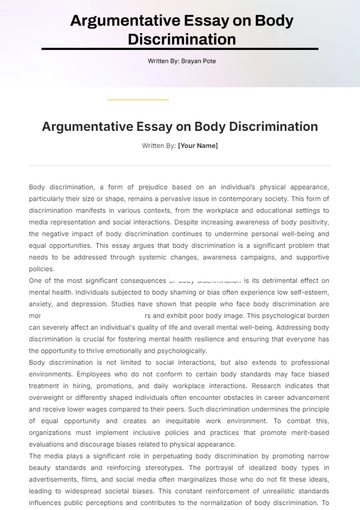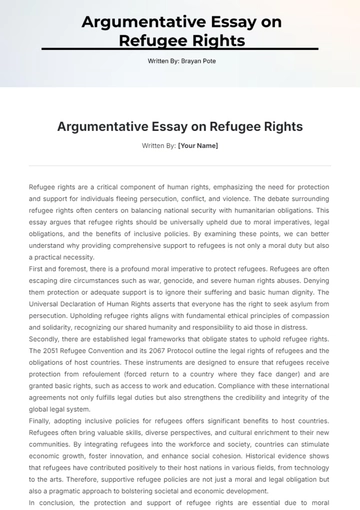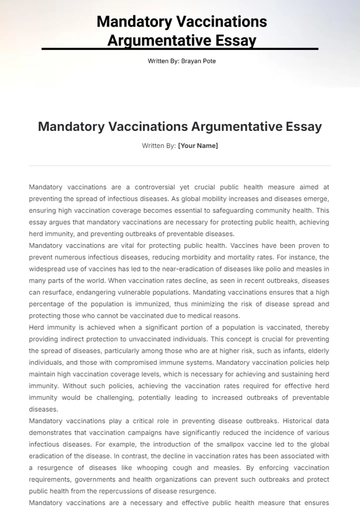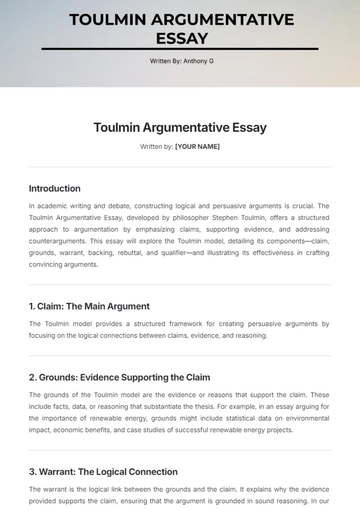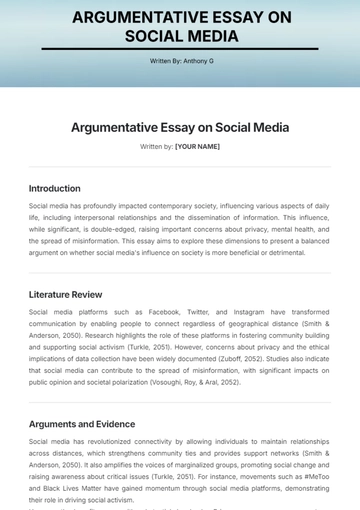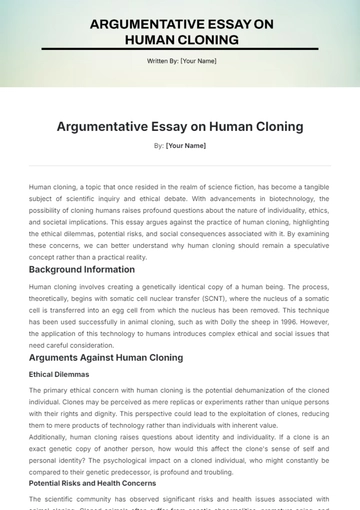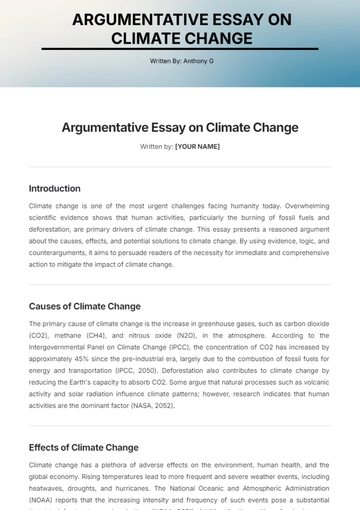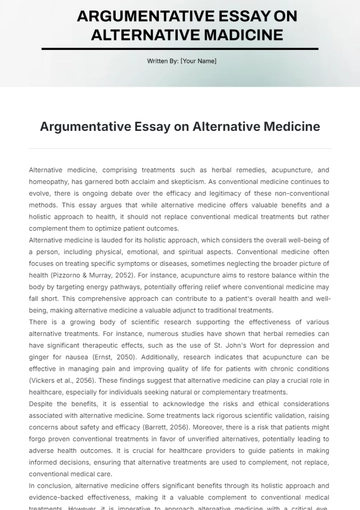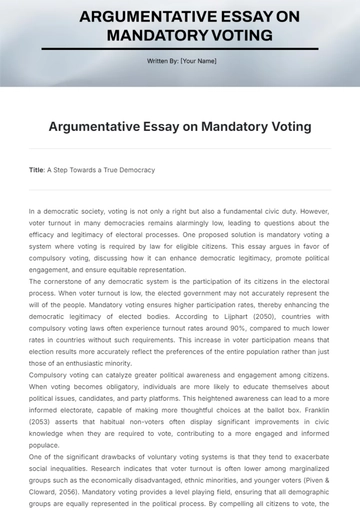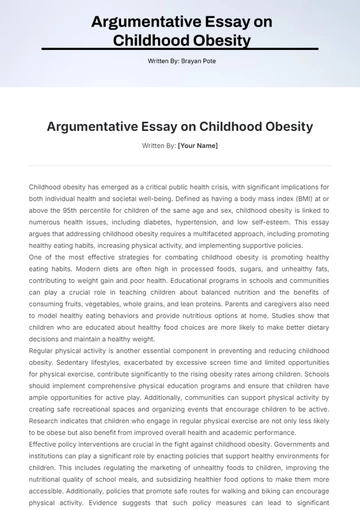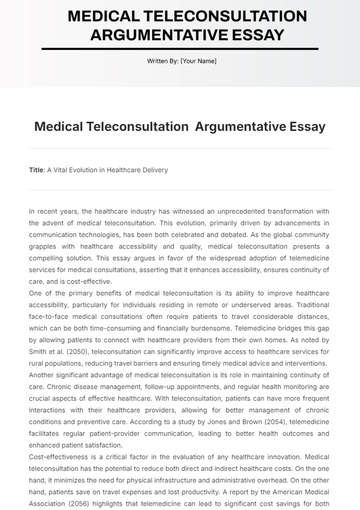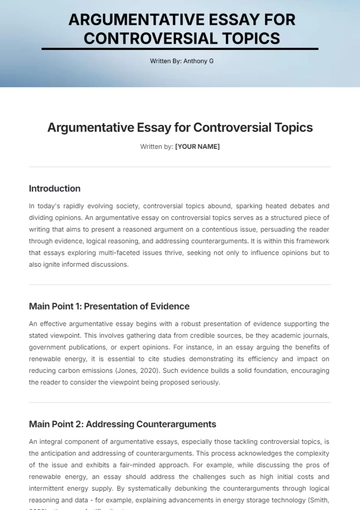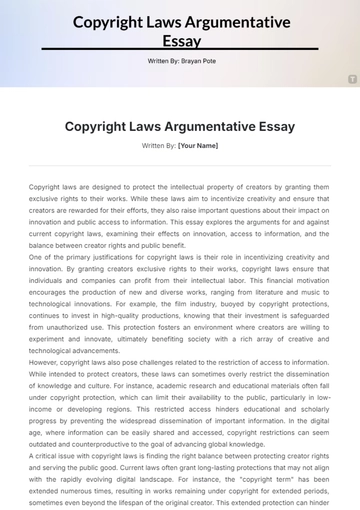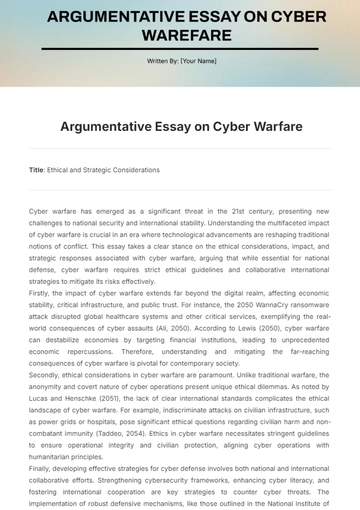Free Argumentative Essay on Organic Farming
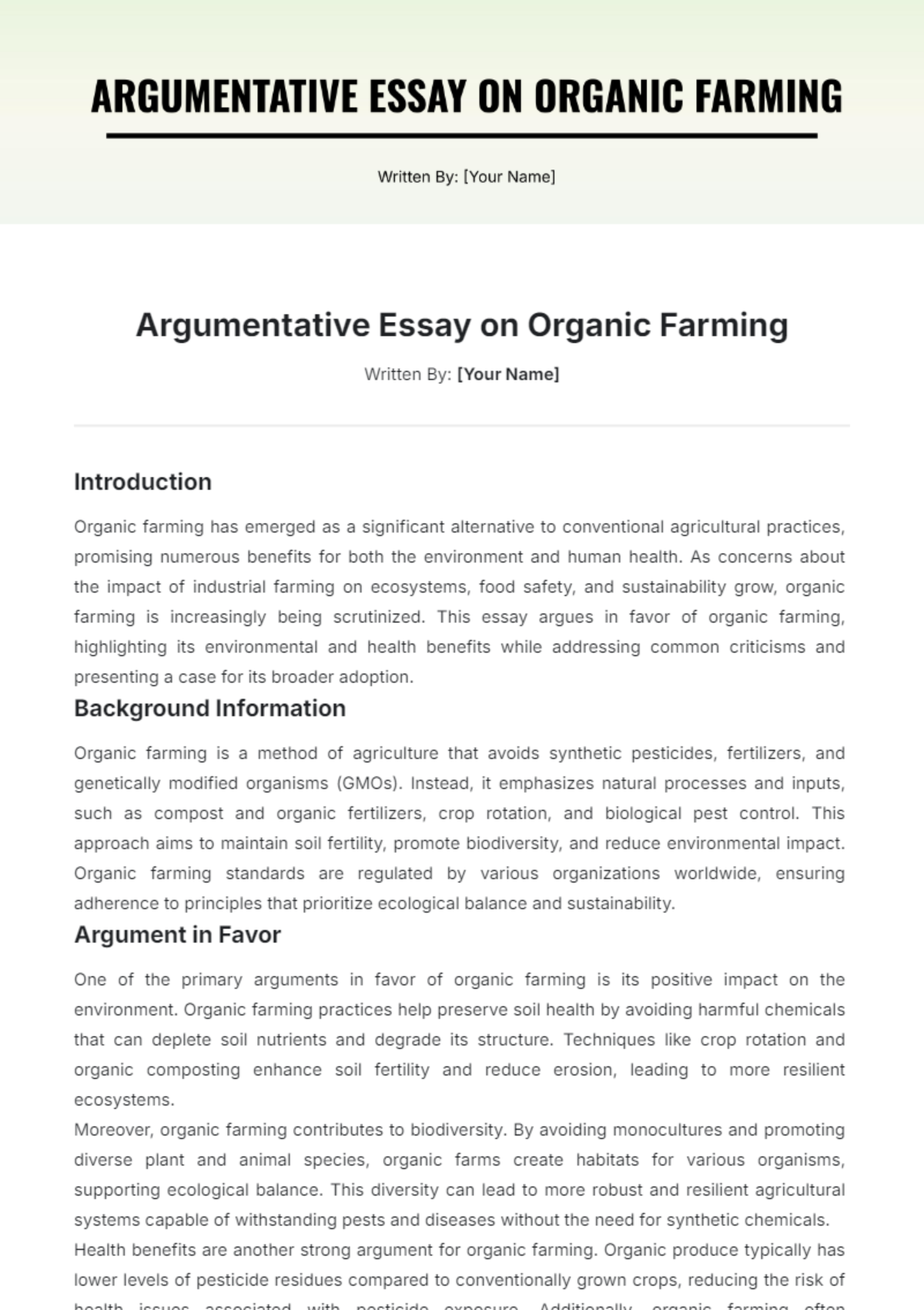
Written By: [Your Name]
Introduction
Organic farming has emerged as a significant alternative to conventional agricultural practices, promising numerous benefits for both the environment and human health. As concerns about the impact of industrial farming on ecosystems, food safety, and sustainability grow, organic farming is increasingly being scrutinized. This essay argues in favor of organic farming, highlighting its environmental and health benefits while addressing common criticisms and presenting a case for its broader adoption.
Background Information
Organic farming is a method of agriculture that avoids synthetic pesticides, fertilizers, and genetically modified organisms (GMOs). Instead, it emphasizes natural processes and inputs, such as compost and organic fertilizers, crop rotation, and biological pest control. This approach aims to maintain soil fertility, promote biodiversity, and reduce environmental impact. Organic farming standards are regulated by various organizations worldwide, ensuring adherence to principles that prioritize ecological balance and sustainability.
Argument in Favor
One of the primary arguments in favor of organic farming is its positive impact on the environment. Organic farming practices help preserve soil health by avoiding harmful chemicals that can deplete soil nutrients and degrade its structure. Techniques like crop rotation and organic composting enhance soil fertility and reduce erosion, leading to more resilient ecosystems.
Moreover, organic farming contributes to biodiversity. By avoiding monocultures and promoting diverse plant and animal species, organic farms create habitats for various organisms, supporting ecological balance. This diversity can lead to more robust and resilient agricultural systems capable of withstanding pests and diseases without the need for synthetic chemicals.
Health benefits are another strong argument for organic farming. Organic produce typically has lower levels of pesticide residues compared to conventionally grown crops, reducing the risk of health issues associated with pesticide exposure. Additionally, organic farming often emphasizes the use of non-GMO seeds, addressing concerns about the long-term health effects of genetically modified organisms in the food supply.
Counterarguments
Critics of organic farming often cite higher production costs and lower yields as major drawbacks. Organic farms may face increased labor costs due to the need for manual weeding and pest control, which can lead to higher prices for organic products. Additionally, organic farming techniques can result in lower yields compared to conventional methods, potentially making it less efficient in meeting global food demands.
Another concern is that organic farming may not always be as effective in combating certain pests and diseases as conventional farming, potentially leading to crop losses and reduced food security. Critics argue that without the use of synthetic pesticides, organic farmers might struggle to manage agricultural challenges effectively.
Rebuttal
While higher production costs and lower yields are valid concerns, they do not outweigh the long-term benefits of organic farming. Technological advancements and research are continually improving organic farming practices, helping to reduce costs and increase efficiency. For example, innovative pest management strategies and soil health improvements are enhancing organic farm productivity.
The argument about food security also overlooks the potential for organic farming to contribute to a more sustainable food system. By promoting soil health, biodiversity, and reduced chemical use, organic farming helps build resilience against environmental changes and supports long-term food security. Additionally, the growing demand for organic products is driving investment and innovation in the sector, which may help address yield concerns over time.
Conclusion
Organic farming presents a compelling case for a sustainable agricultural future. Its benefits for environmental health, biodiversity, and reduced chemical exposure support its adoption as a viable alternative to conventional farming practices. While challenges such as higher costs and lower yields exist, ongoing advancements and the long-term advantages of organic farming outweigh these concerns. Embracing organic farming not only supports ecological balance but also fosters a healthier, more sustainable food system for future generations.
- 100% Customizable, free editor
- Access 1 Million+ Templates, photo’s & graphics
- Download or share as a template
- Click and replace photos, graphics, text, backgrounds
- Resize, crop, AI write & more
- Access advanced editor
The Organic Farming Template from Template.net is an ideal solution for creating compelling presentations or documents about sustainable agriculture. Fully editable and customizable, this template allows users to tailor content to specific needs. It’s editable in our Ai Editor Tool, ensuring a seamless experience in crafting professional, personalized designs for organic farming enthusiasts.

